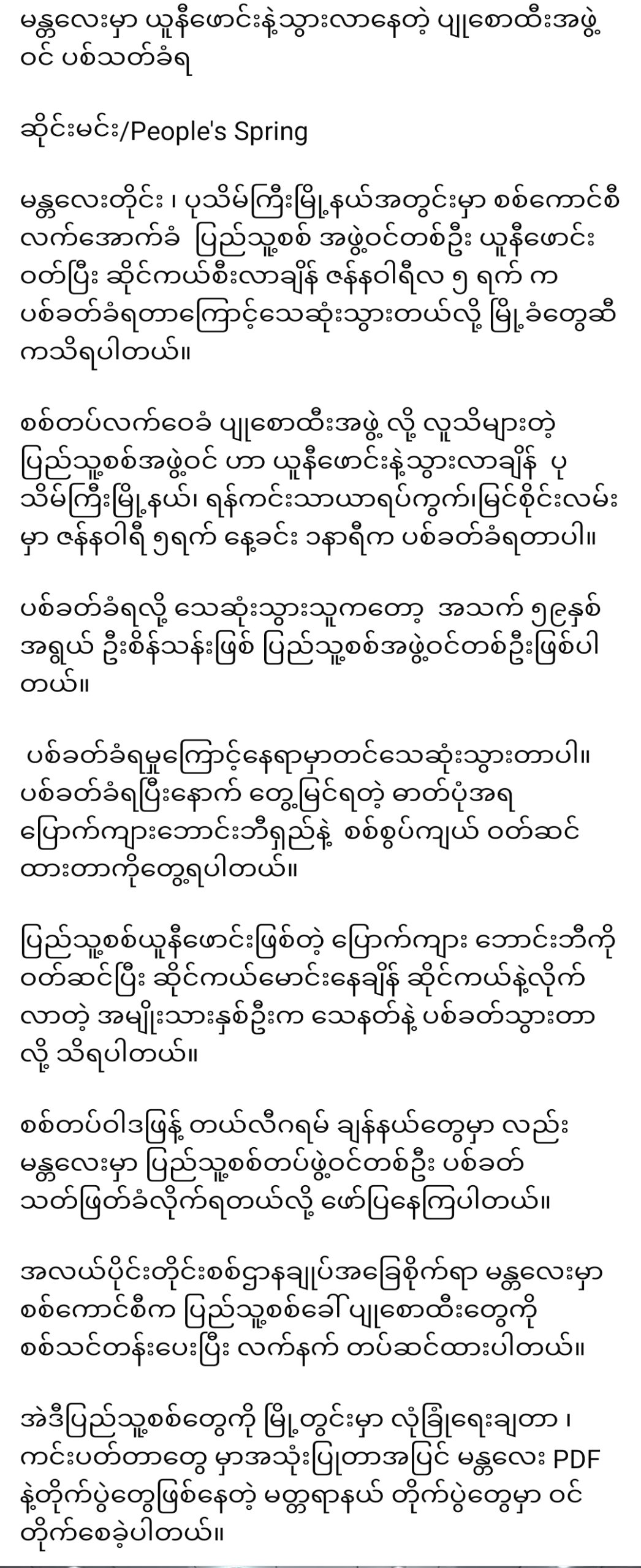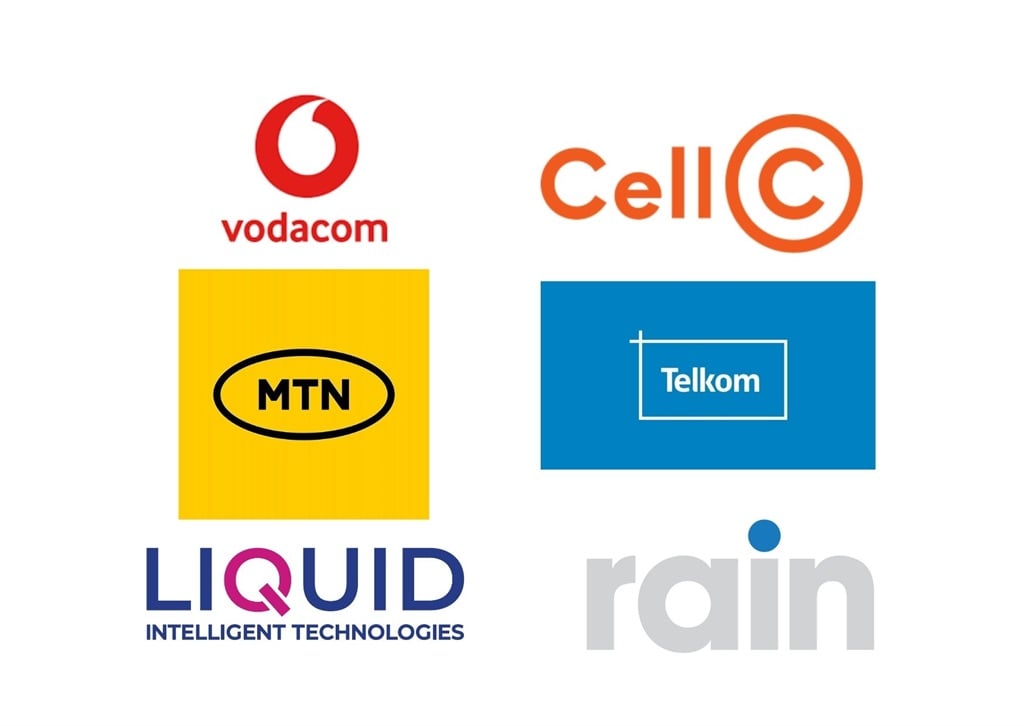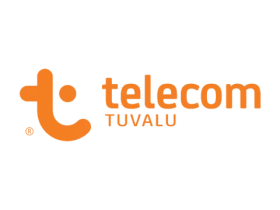
Telecommunication companies in South Africa
South Africa’s telecommunications sector is one of the most dynamic and developed in Africa, characterized by a mix of well-established companies and innovative startups. The industry plays a critical role in driving economic growth and connecting South Africa to the global economy. Here is an overview of the major players and the state of telecommunications in the country.
Major Telecommunication Companies in South Africa
1. Vodacom
Vodacom is South Africa’s leading mobile network operator, with a significant market share and a presence in other African countries like Tanzania, Mozambique, and the Democratic Republic of Congo. It offers mobile, voice, data, and internet services to millions of customers. Vodacom has been at the forefront of innovation, particularly in introducing 5G services and expanding broadband connectivity in rural and urban areas.
2. MTN Group
MTN is another major player in South Africa and one of the largest telecommunications providers in Africa and the Middle East. MTN offers a wide range of services, including mobile communication, internet, and digital financial services. Known for its extensive coverage and high-speed internet, MTN is also investing heavily in 5G technology and digital transformation initiatives.
3. Telkom
Telkom is a semi-government-owned company that provides both fixed-line and mobile services. It is one of the oldest telecommunications companies in South Africa, transitioning from traditional fixed-line telephony to modern mobile and broadband services. Telkom has launched its own mobile network, Telkom Mobile, to compete with Vodacom and MTN, and is actively expanding its fiber-to-the-home (FTTH) network.
4. Cell C
Cell C is South Africa’s third-largest mobile network operator, offering competitive pricing and innovative services such as prepaid, postpaid, and broadband packages. Despite financial challenges in recent years, Cell C continues to focus on customer-centric services and partnerships with other providers to enhance network capabilities.
5. Rain
Rain is a relatively new entrant to the South African market but has made significant strides in providing affordable data services. It was the first to launch a standalone 5G network in South Africa, targeting urban areas and tech-savvy consumers. Rain’s business model focuses on simplicity, offering unlimited data plans at competitive prices.
Regulation and Challenges
The telecommunications industry in South Africa is regulated by the Independent Communications Authority of South Africa (ICASA). ICASA oversees spectrum allocation, pricing, and competition to ensure fair practices. Despite advancements, the industry faces challenges such as high data costs, limited rural connectivity, and infrastructure theft. Efforts are being made to address these issues through initiatives like government-led broadband expansion programs and partnerships with private firms.
Future Prospects
The future of telecommunications in South Africa looks promising, with ongoing investments in 5G, fiber optics, and digital services. Companies are increasingly focusing on artificial intelligence, IoT (Internet of Things), and cloud computing to diversify their offerings. Moreover, South Africa’s commitment to bridging the digital divide by expanding internet access to underserved areas will drive further growth.
In conclusion, South Africa’s telecommunications sector is a critical enabler of socio-economic development. With established giants like Vodacom and MTN, alongside innovative newcomers like Rain, the industry is poised for continued growth and transformation, ensuring greater connectivity and digital inclusion for all South Africans.




Leave a Reply